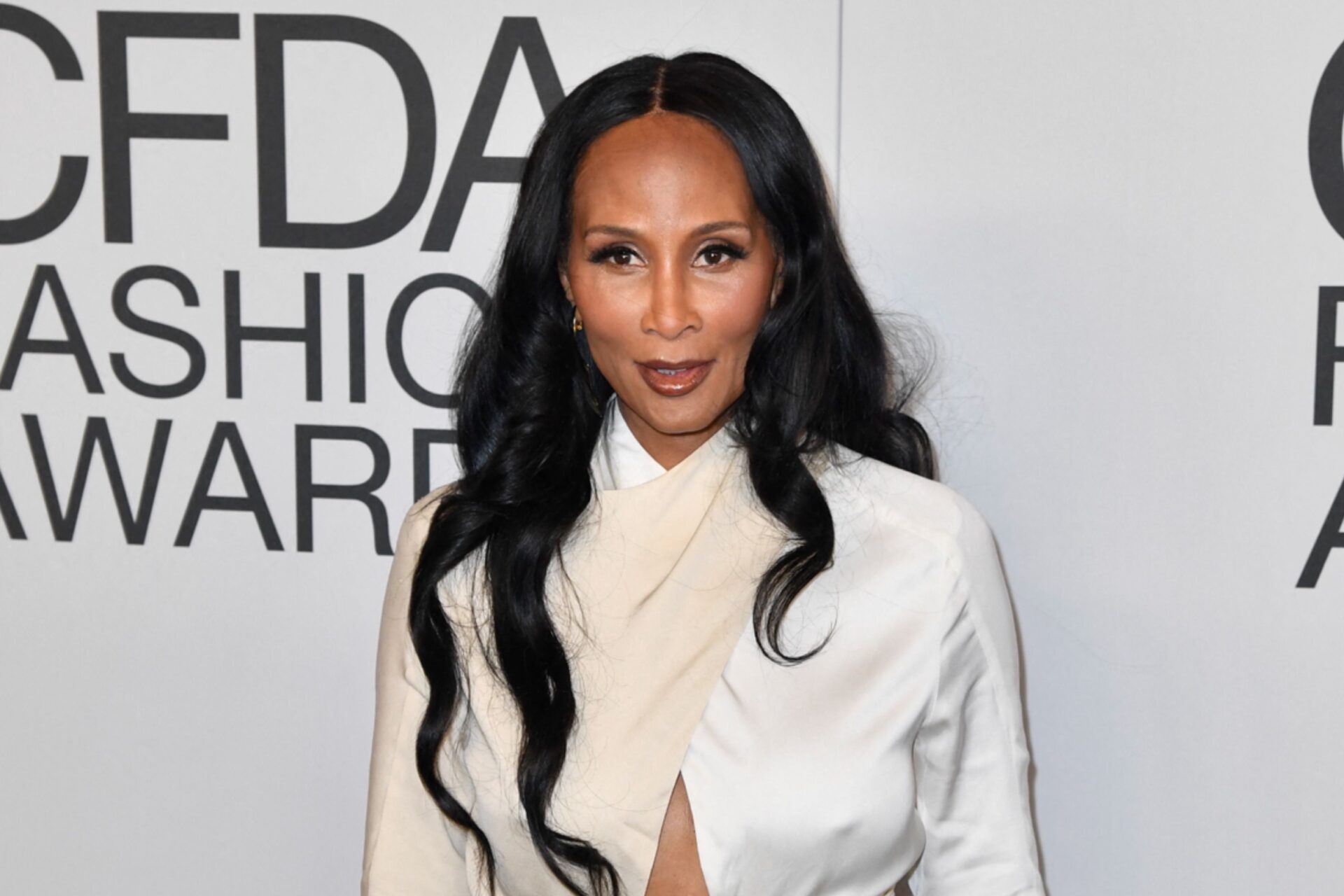
February 6, 2024
Beverly Johnson Advocates For Black Models Ahead Of New York Fashion Week
Legendary supermodel Beverly Johnson is kicking off New York Fashion Week by advocating for Black models' rights.
Legendary supermodel Beverly Johnson is kicking off New York Fashion Week by advocating for Black models’ rights.
The first Black woman to grace the cover of Vogue was outside the Elysabeth Kleinhans Theatrical Foundation building on February 4 to bring awareness to the Fashion Workers Act, which proposes to oversee unregulated management firms in New York in order to curb predatory practices in the modeling industry. Johnson used the moment to advocate for Black models of the present and the past who have survived abuse they were afraid to speak up about.
Johnson also called out the obstacles Black models face in securing employment, fair compensation, and workplace safeguards, and expressed her concern about artificial intelligence becoming a new threat to Black models.
“The lack of regulation in our industry makes it so much more difficult for Black models to flourish. Black models are fighting for basic dignity and respect,” the veteran supermodel explained. “Something as exciting as signing a contract to a modeling agency can take a quick turn into an agency becoming your decision maker, and having power over your finance, life, and body.”
Her advocacy comes on the heels of a recent tell-all interview she conducted where she revealed the racism she faced at a luxury hotel during the height of her career in the 1980s. At the time, the hotel drained its pool after Johnson had stepped inside it.
“So you get a lot of that. People draining pools, it was racist,” she told “Page Six.” “As a model, there were different kinds of things that would happen to me because I was Black.”
The Fashion Workers Act was introduced to New York legislation in 2021. It has yet to pass lawmakers and become a bill, hence models joining NY state Sen. Brad Hoylman-Sigal (who sponsored the bill) to rally for its passing, CBS News reports.
“We are going to change the law in New York, close the loophole,” Hoylman-Sigal said.